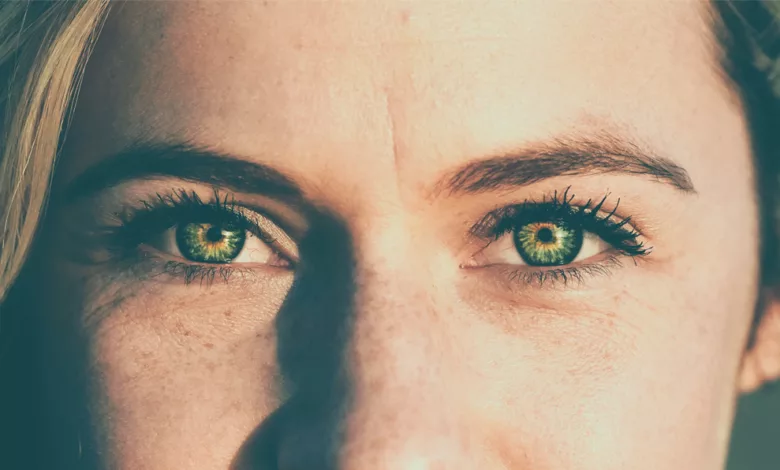How to Take the Best Care of Your Eyes

Your eyes will reward you for it.
Vision is an essential sense for most individuals. However, many of us take this gift for granted by not taking good care of our eyes. As a result, we may develop eye complications, injuries, or nerve damage, which subsequently leads us to things like prescription glasses, contact lenses, or eye surgeries.
So, how can we best care for our eyes?
Wear the Right Prescription Glasses
Many people require prescription glasses or contact lenses to boost their vision.
If you are already in this category, you must wear the right corrective lenses, which will help reduce eye strain and headaches — only some of the eye-related problems brought from wearing glasses with the wrong lenses.
It is also crucial you correctly and thoroughly clean your contact lenses or prescription glasses before you put them on to avoid eye infections. For protection against harmful UV rays, use sunglasses, especially when walking or doing other activities outdoors.
Make sure to eat plenty of vegetables and fruits
Have you ever heard of the phrase “you are what you eat”? Well, this also applies to the eyes.
Your eyes require all the right nutrients and vitamins to function optimally and to maintain good health. Four to five servings of vegetables and fruits are essential if you are to achieve or maintain good vision.
Some of the fruits known to have enormous health benefits to the eyes include oranges, mangos, apricots, papayas, avocados, and blueberries. Leafy vegetables, such as collards, kale, and spinach are good sources of eye-friendly vitamin C, zeaxanthin, and lutein.
Wash your hands regularly
Handwashing removes grime, germs, and bacteria, helping to reduce eye infections that are usually caused by such microorganisms.
Also avoid touching your eyes frequently, decreasing the likelihood of transferring harmful bacteria or germs from your hands to your eyes.
Exercise
Physical activity and regular exercise are not only important in maintaining a good body, but are also useful in maintaining good vision.
Physical exercise helps to regulate the heart and promote blood flow, which helps minimize the risk of developing diabetes and cardiovascular disorders.
Take breaks from the screen
Take regular breaks from your computer, TV, or any other screen.
Try practicing the 20-20-20 rule: For every 20 minutes you spend staring at the screen, redirect your gaze to something 20 feet away for 20 seconds.
Another good practice is to blink regularly, so as keep your eyes moist.
When using a computer, ensure that there is adequate lighting in the room. Proper lighting will help prevent eye strain and wrinkles around the eyelid.
Get enough sleep
Adequate sleep helps prevent almost half of your eye issues.
Apart from having enough sleep, you also need to get to sleep early. Our body has a natural cycle of when to sleep and when to be awake. All the body organs, including the eyes, work well when we follow this biological cycle. Being awake at night, and having mobile phones, tablets, or laptops while in bed, is not suitable for your eyes and should be avoided.
The eyes are our treasured gifts, and we should take good care of them by following the above guidelines. If you already have eye problems, all is not lost. Visit your optometrist for an eye examination, and remember to eat lots of fruits and veggies, take the time to exercise, and get enough sleep.
You and your eyes will benefit.






